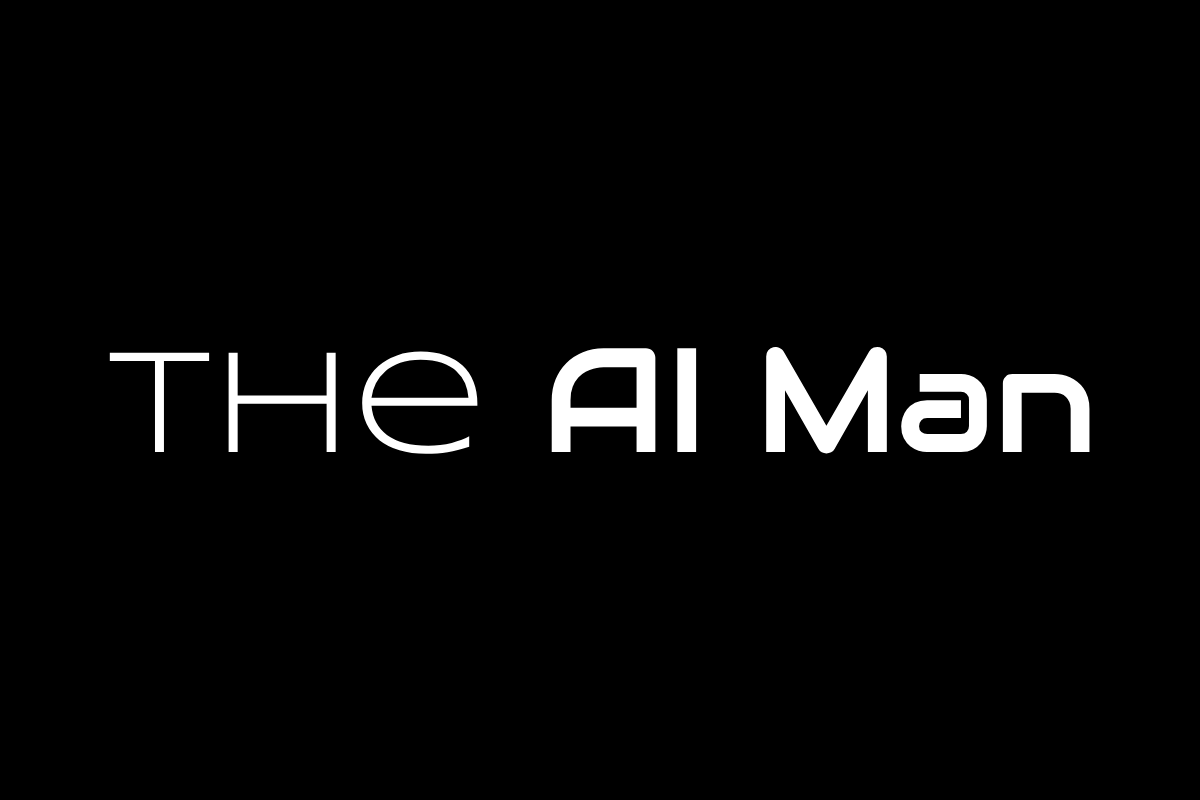
Modern Chinese quantum computing research lab with advanced quantum machines and active workstation
Imagine trying to arrange 2,000 marbles into a perfect pattern in the blink of an eye. Now imagine those "marbles" are individual atoms, and you need to position them with precision that makes a Swiss watchmaker look clumsy. That's exactly what Chinese scientists just pulled off – except they did it in 1/60,000th of a second using AI.
While everyone's been debating whether AI will replace their jobs, China just used AI to potentially revolutionize the very computers that run AI.
The Science Made Simple
Here's what actually happened: A team led by physicist Pan Jianwei just created the largest array of atoms ever arranged for quantum computing – over 2,000 of them – using AI-powered laser "tweezers".
Think of it this way:
The Challenge: Like grabbing 2,000 ping-pong balls floating in a pool and arranging them perfectly
The Innovation: AI-controlled laser beams grab individual rubidium atoms with impossible precision
The Speed: Entire arrangement happens in 0.0000167 seconds (60,000 times faster than blinking)
The Scale: Previous atom-based quantum computers maxed out at hundreds of qubits – this is 10× bigger
The breakthrough was published in Physical Review Letters, basically the Nobel Prize nominee list of physics journals.

Together With CustomGPT.ai

We all love AI tools like ChatGPT—but what if it could only access your company’s information?
That’s exactly what CustomGPT.ai does.
You upload your docs, PDFs, website, or knowledge base—CustomGPT gives your team instant, 100% accurate answers, backed by source citations.
✅ No hallucinations
✅ SOC 2 + GDPR compliant
✅ 10 AI agents included
✅ No-code, no training required
China Takes the Lead
Remember worrying about the "AI gap"? Well, there's also a quantum gap forming, and China just sprinted ahead.
Here's the global scorecard:
The US: Still struggling with scaling quantum systems
Europe: Making steady progress but lagging behind
China: Just demonstrated quantum systems with 2,000+ qubits using AI control
Why this matters beyond bragging rights:
Break current encryption (goodbye online banking security as we know it)
Solve climate modeling that would take regular computers centuries
Revolutionize drug discovery by perfectly simulating molecules
Optimize everything from traffic to financial markets in real-time
The timing is fascinating – while China's DeepSeek AI faces delays with chip issues, their quantum research charges ahead. They're using AI to solve quantum computing's biggest problem: managing the impossible complexity of controlling thousands of qubits simultaneously.

The Future Just Arrived
What does this mean for us? The quantum computing market is exploding from $260 million in 2020 to $9.1 billion by 2030 – that's 43% annual growth.
But quantum computers don't just do things faster – they do things differently:
Try all possible solutions to problems simultaneously
Simulate reality at the molecular level
Break problems that would take regular computers longer than the universe's age
Real-world impact coming soon:
Unbreakable internet security through quantum encryption
Personalized medicine designed by quantum biology simulation
Weather prediction accurate enough for next year's wedding planning
AI that's actually intelligent (current AI will seem like a calculator)

Looking Ahead
China's breakthrough isn't just impressive science – it's a preview of tomorrow. We're entering an era where computing power becomes essentially unlimited, scientific discovery accelerates exponentially, and global power shifts toward quantum-enabled nations.
Other countries are now scrambling to catch up in what might be the most important technology race since the internet. Companies ignoring quantum computing are like those that dismissed the internet in 1995.
The age of quantum computing isn't coming – it's here. And China just showed everyone what the starting line looks like. The future is quantum, and it's arriving faster than anyone expected.
You heard it here first! 👌🏼

